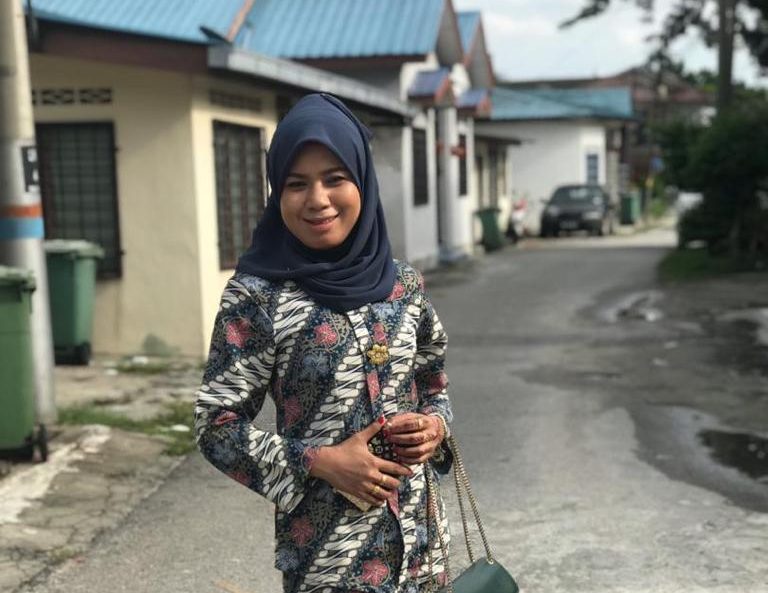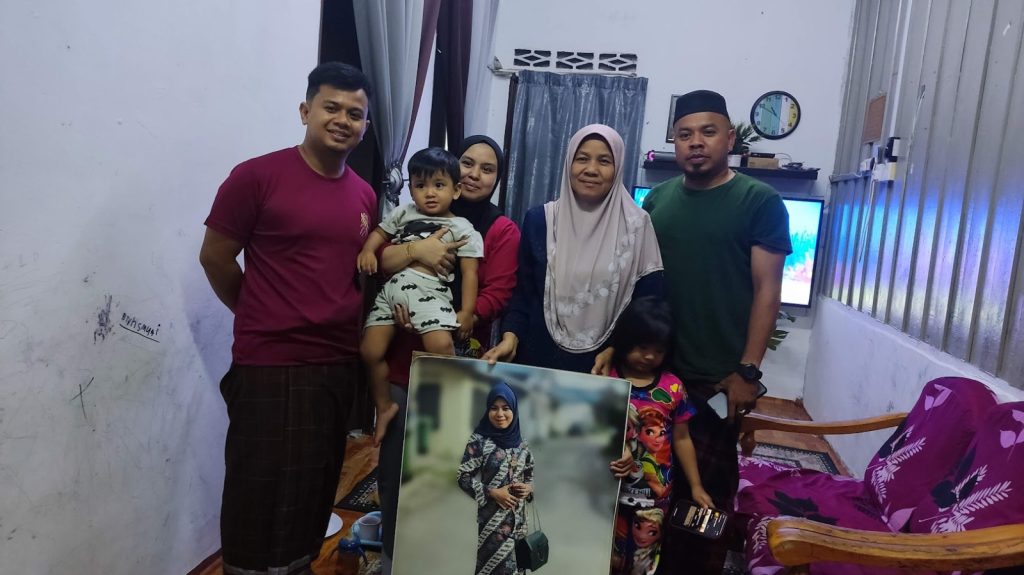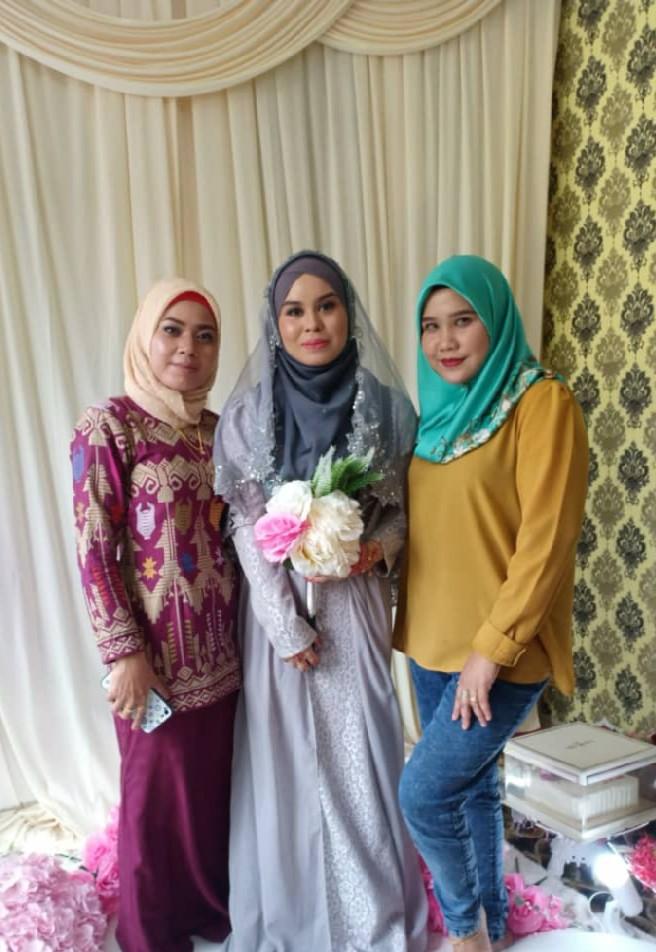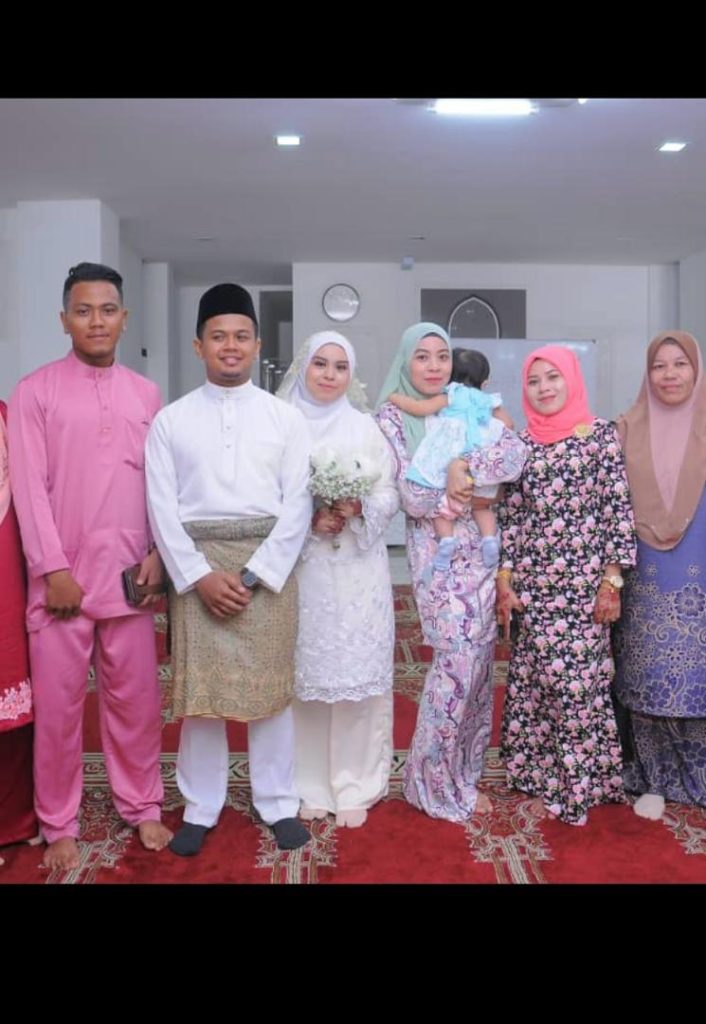
Nurul Azwani Kamarulzaman was not your typical Malay woman. At 31, she remained single, spent her days cooking for Chinese children, and often traveled across states with her Chinese employer for catering events.
“She said she never wanted to get married because she wanted to take care of me,” shared her mother, Siti Esah Hassan, 55.
Originally from Pasir Puteh, Kelantan, Nurul moved to Kuala Lumpur about seven years ago, seeking better job opportunities. Her second job, working as a helper to the canteen operator at SJKC Mun Choong, became her passion.

“My daughter loved what she did and was always punctual. Her boss liked her and often gave her new opportunities,” her mother added.
Siti Esah recalls her most vivid memories of Nurul in the early hours of the morning.
“Every day, around 5 am, I feel like I can still see her shadow moving around the house—switching on the lights, getting ready, and leaving on her motorbike to head to school,” she reminisced.
Nurul lived in a humble house in a Malay village not far from the school. Despite her modest means, the eldest of three sisters was fiercely independent, outspoken, and always determined to follow through with her plans.
Her cousin, Hadi, who supported her when she first moved to Kuala Lumpur, remembers her playful nature.
“It was during the General Elections when we went back to Kelantan. There were cars everywhere with flags draped over the roofs. My cousin suddenly said, ‘Let’s get one for our car.’
“We drove around until we found some on the roadside. She got me to stop the car, she got out, picked one to put it on the car and said, ‘Why doesn’t mom’s house have a flag?’ So, she went out, got another one, and planted it in front of the house,” Hadi shared fondly.
Being the only Malay at a Chinese school, Nurul often took food orders from the Chinese teachers, earning extra income for herself and her mother by preparing Nasi Tomato (tomato rice).

“I miss her most during Ramadan when we used to break fast together, but what’s happened has happened…” Siti Esah said, her face shadowed with grief.
One of Nurul’s younger sisters has since moved back home to be with their mother after her passing. The family still keeps all of Nurul’s belongings.
“My sister loved looking pretty and learned to do her makeup from a young age. All her makeup is still in her room, and we’ve kept the clothes she was wearing when the accident happened. Only her top had a small tear,” her sister Shikin said.
“When I want to feel close to her, I would go into her room and look at her things—especially the big photo of her,” her mother added.

Despite their deep loss, the family believes that Nurul has passed on peacefully, as none of them have dreamt of her since her passing.
“I only dreamt of her once, two days after the incident, and it was unclear. In Islam, we believe that if you don’t dream of the deceased, it means they’ve left in peace. So, we’re at ease,” said Shikin.

